Service hotline
+86 0755-83975897
Release date:2024-10-25Author source:KinghelmViews:1759
The Philippines is making significant strides in the semiconductor industry by actively engaging with industry giants TSMC (Taiwan Semiconductor Manufacturing Company) and UMC (United Microelectronics Corporation). This strategic initiative aims to enhance the country's chip manufacturing capabilities, reflecting the Philippines' ambition to position itself as a key player in the global semiconductor market.
Strengthening Semiconductor Expertise
As the demand for semiconductor components continues to surge worldwide—driven by advancements in technology, electric vehicles, and consumer electronics—the Philippines recognizes the urgent need to bolster its manufacturing capacity. By collaborating with TSMC and UMC, two of the leading names in the industry, the Philippines is seeking not only state-of-the-art equipment but also valuable expertise that can help elevate its manufacturing processes.
This partnership aligns with the country's broader goal of becoming a regional hub for semiconductor production, which is crucial for fostering economic growth and creating high-value jobs. By enhancing local manufacturing capabilities, the Philippines aims to reduce reliance on imports and build a more resilient supply chain.
A Growing Semiconductor Market
The global semiconductor market is projected to grow significantly in the coming years, driven by the increasing demand for integrated circuits across various sectors. Countries that invest in their semiconductor industries will be better positioned to capitalize on this growth and meet the rising demand for chips essential to everything from smartphones to advanced computing systems.
The Philippines’ proactive approach in engaging with established players like TSMC and UMC demonstrates its commitment to seizing this opportunity. By enhancing its chip manufacturing capabilities, the country can attract further investment, boost exports, and contribute to global supply chains.
Conclusion
The Philippines is on a promising path to strengthening its semiconductor industry through strategic collaborations with leading companies. As the demand for chips continues to rise, this initiative not only positions the Philippines as a competitive player in the global market but also supports the country's economic development.
As the semiconductor landscape evolves, it will be fascinating to observe how the Philippines navigates this journey, leveraging partnerships and investments to establish itself as a vital hub for chip manufacturing in the region.
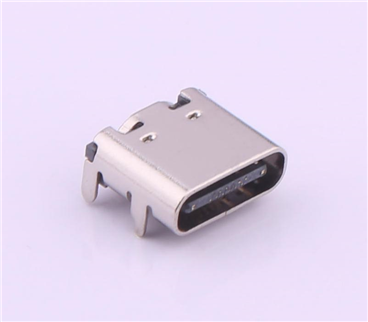
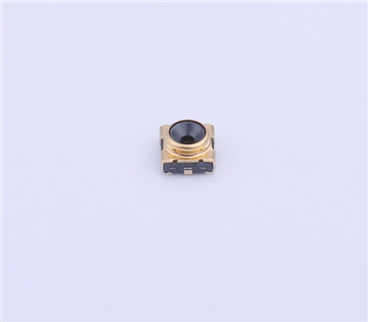
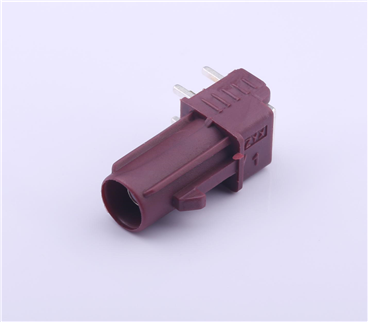
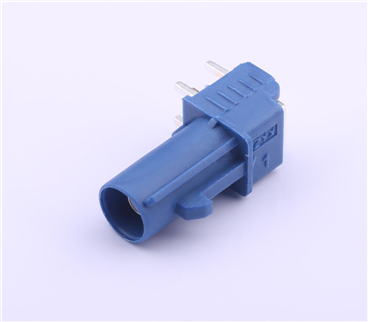
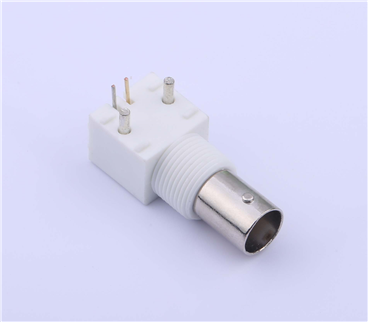
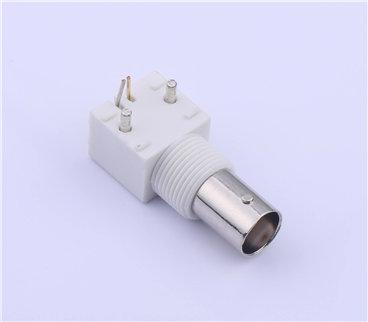
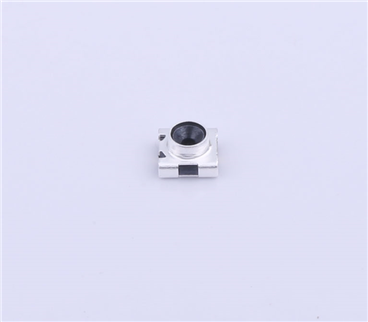
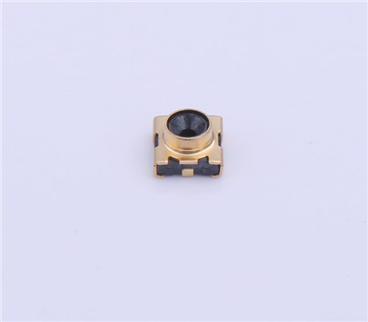
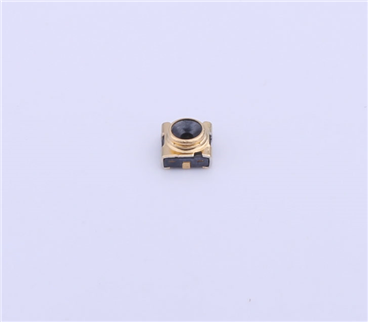
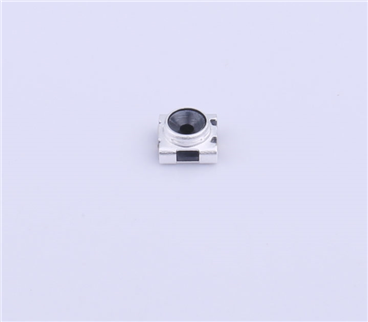
Copyright © Shenzhen Kinghelm Electronics Co., Ltd. all rights reservedYue ICP Bei No. 17113853